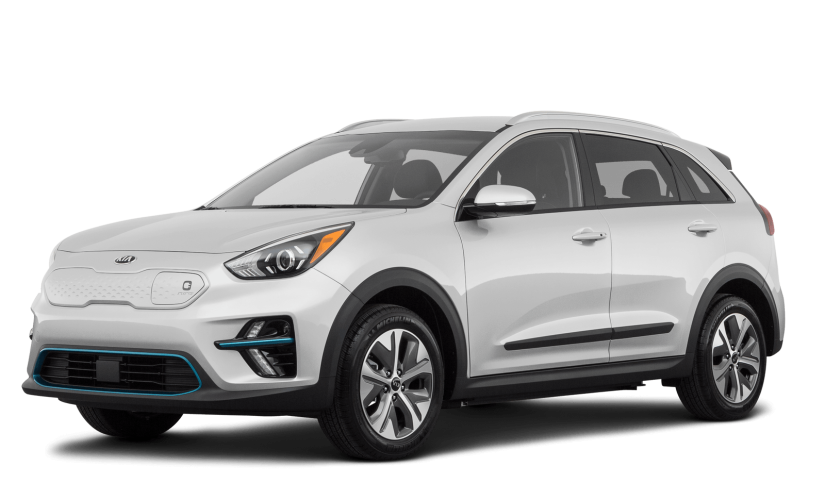Halo Car, a firm specializing in delivering rental cars, has begun autonomous operations in Las Vegas. As the company moves closer to realizing its goal of making on-demand automobiles financially feasible, this is a major step forward. Halo Car has changed the game for automobile delivery to customers’ driveways by employing remote operators. Let’s explore this new and exciting method and see how it differentiates Halo Car from other automakers.
While rivals Cruise and Waymo have self-driving vehicles in their fleets, Halo Car does not. Instead, their trucks are stocked with state-of-the-art equipment like six cameras, modems, antennas, and more. This system allows the vehicles to communicate with remote pilots working out of a central Halo operations center and relay data back to them. These remote pilots operate the vehicles from afar using live video and sensor data.
For the past year, Halo Car has been employing teleoperations to deliver vehicles to consumers in Las Vegas effectively. However, A human driver has been required for safety in the front seat until now. Halo Car will begin delivering automobiles to customers without human drivers once driverless operations begin. This significant development demonstrates how close Halo Car is getting to achieving its goals.
Halo Car places a premium on dependability and safety. As a first step toward a fully autonomous fleet, the company will use a remote tail car to keep track of the vehicles as they travel behind them. In an emergency, the tail car driver can take control of the R/V. This design creates a buffer zone, reducing the risk of collisions with vehicles behind you. In addition, Halo Cars comply with Nevada’s minimal risk condition for autonomous vehicles by stopping in the lane if the system detects any irregularities.
Halo Car’s business model relies heavily on the ability to stay connected. T-Mobile’s 5G network is used for remote control, with AT&T and Verizon providing backup. Halo Car has created an algorithm to ensure that the data streams always use the best possible network connection. This guarantees consistent, high-quality streaming with low latency, improving remote driving in both safety and efficiency.
Start times for Halo Car’s autonomous vehicle deliveries in downtown Las Vegas are 8 a.m. to 6 p.m., Monday through Saturday. The organization intends to expand its service area to include more of the city in the upcoming months. Twenty cars, including Chevrolet Bolt and Kia Niro EVs, comprise Halo Car’s fleet. The startup, however, has lofty goals, including increasing its Las Vegas fleet to hundreds of vehicles by 2024 before moving to other locations.
Halo Car founder and CEO Anand Nandakumar places a premium on public safety and little interruption when deploying autonomous operations. By studying the successes and failures of other autonomous vehicle businesses, Halo Car plans to prepare for a wide range of potential problems that may develop with driverless cars. Halo Car carefully reduces public inconvenience by ensuring everyone on the road is completely safe.
Other companies are working toward the same goal, but Halo Car may be the first to provide remotely piloted electric vehicles to clients in Las Vegas. Using a combination of low-level autonomy and tele-assist technologies, Arcimoto, a manufacturer of electric three-wheeled Fun Utility Vehicles, and Faction have developed electric vehicles that can be delivered to clients’ hotels. This intense level of competition highlights the expanding market for delivery services using remotely piloted vehicles.
First reported on Tech Crunch





